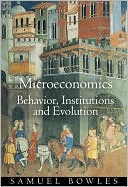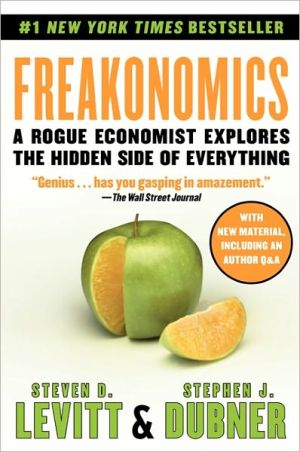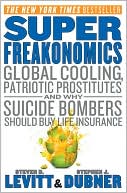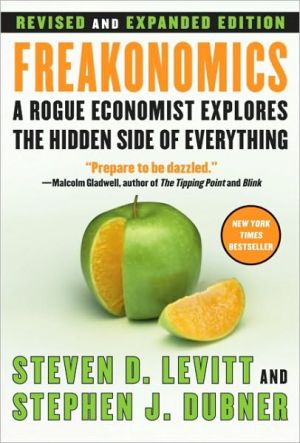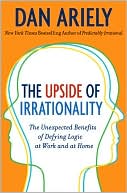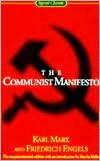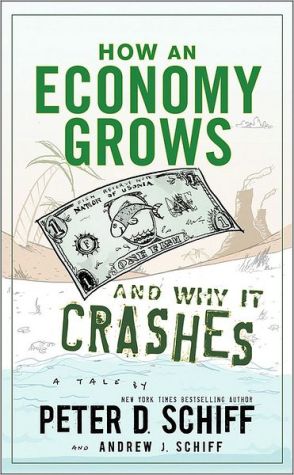Microeconomics: Behavior, Institutions, and Evolution
Search in google:
"Sam Bowles reminds the student from the first page to the last that microeconomic theory is an attempt to understand economic institutions in order to inspire us to improve the world. This book may be a turning point in bringing economics back to its real political economic roots."--Ariel Rubinstein, Tel Aviv University and Princeton University"The standard neoclassical competitive model of economic behavior has been significantly extended in the last fifty years by emphasis on interaction among small groups (game theory), on extended models of human motivation based in part on human evolution, and on divergent information bases of participants. A rich but scattered literature has now received a brilliant synthesis and development in Samuel Bowles's new book. Microeconomics will be an indispensable part of future teaching in microeconomics at the graduate or advanced undergraduate levels, as well as an excellent source of information for the practicing economist."--Kenneth J. Arrow"Homo economicus is dead, but whose Homo behavioralis will replace him? For those who care, this sustained and honest attempt to explore the implications for economic theory of one of the leading candidates is essential reading."--Ken Binmore, University College London"An important and highly original book that shows how an evolutionary version of microeconomics can be brought to bear on central questions of economic growth and organization."--Peyton Young, Johns Hopkins University"This is one of the most engaging books of its kind that has been written, intellectually challenging and a pleasure to read. It presents an innovative and unconventional perspective on microeconomics and, as such, is a book that many will want to teach from--I will."--Kaushik Basu, Cornell University"Bowles does a masterful job of expanding the boundaries of received microeconomic theory by drawing upon cutting edge ideas from behavioral and experimental economics, evolutionary game theory, and the new institutional economics. I don't know of anyone who has woven such a wide range of literature into an equally coherent vision of post-Walrasian microeconomic theory."--Gregory Dow, Simon Fraser University Geoffrey M. Hodgson - Economics and Philosophy This important and highly impressive volume is intended as an overview of cutting-edge developments in microeconomics for graduate students. . . . The work is well written and carefully structured. . . . [T]his is a very fertile and inspiring book, of much broader use than its intended audience. . . . Its analytical accounts of institutional structures and its masterly fusion of institutional and evolutionary themes might eventually warrant its status as a modern classic.
PrefacePrologue: Economics and the Wealth of Nations and People1Pt. ICoordination and Conflict: Generic Social Interactions21Ch. 1Social Interactions and Institutional Design23Ch. 2Spontaneous Order: The Self-organization of Economic Life56Ch. 3Preferences and Behavior93Ch. 4Coordination Failures and Institutional Responses127Ch. 5Dividing the Gains to Cooperation: Bargaining and Rent Seeking167Pt. IICompetition and Cooperation: The Institutions of Capitalism203Ch. 6Utopian Capitalism: Decentralized Coordination205Ch. 7Exchange: Contracts, Norms, and Power233Ch. 8Employment, Unemployment, and Wages267Ch. 9Credit Markets, Wealth Constraints, and Allocative Inefficiency299Ch. 10The Institutions of a Capitalist Economy331Pt. IIIChange: The Coevolution of Institutions and Preferences363Ch. 11Institutional and Individual Evolution365Ch. 12Chance, Collective Action, and Institutional Innovation402Ch. 13The Coevolution of Institutions and Preferences437Pt. IVConclusion471Ch. 14Economic Governance: Markets, States, and Communities473Problem Sets502Additional Readings529Works Cited537Index571
